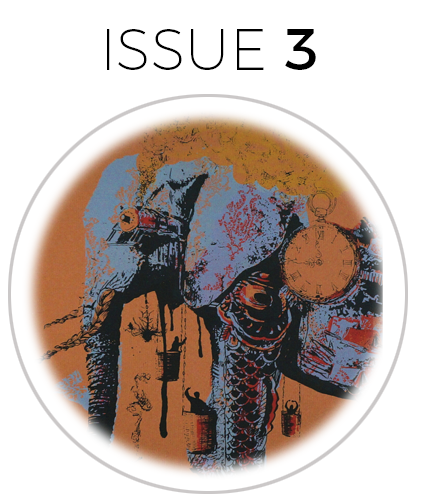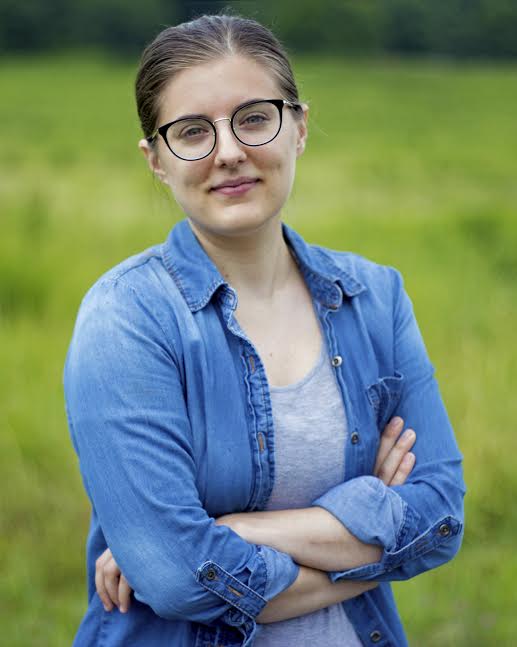Non-Native SpeciesFiction by Emily Weber
At the sudden bang of the back door, a flock of starlings burst from where they had been perched in the bare branches of an oak tree. Ramona muttered something in Romanian that sounded like Ma freshy la ee-cray. Ylenia didn’t ask her what it meant. |




